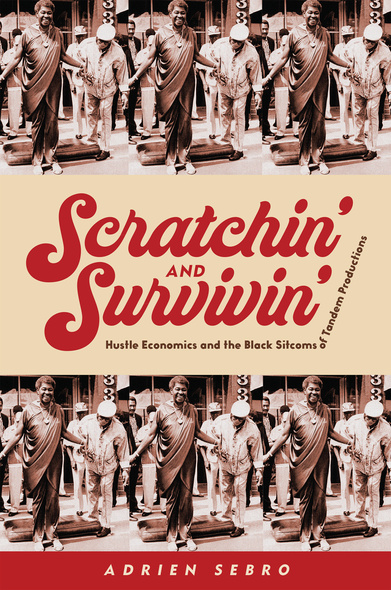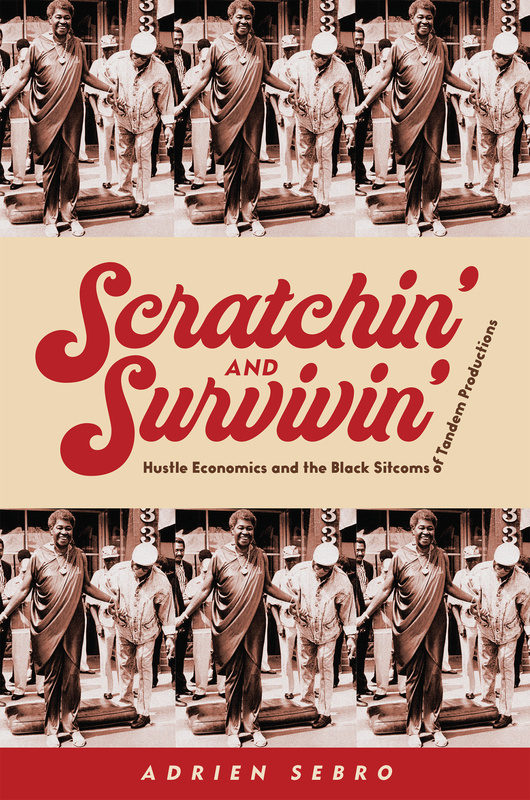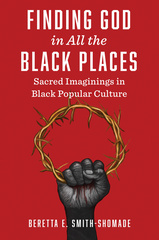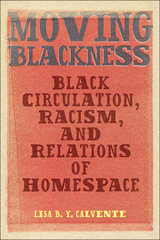
Scratchin' and Survivin'
Hustle Economics and the Black Sitcoms of Tandem Productions
The 1970s was a golden age for representations of African American life on TV sitcoms: Sanford & Son, Good Times, The Jeffersons. Surprisingly, nearly all the decade’s notable Black sitcoms were made by a single company, Tandem Productions. Founded by two white men, the successful team behind All in the Family, writer Norman Lear and director Bud Yorkin, Tandem gave unprecedented opportunities to Black actors, writers, and producers to break into the television industry. However, these Black auteurs also struggled to get the economic privileges and creative autonomy regularly granted to their white counterparts.
Scratchin’ and Survivin’ discovers surprising parallels between the behind-the-scenes drama at Tandem and the plotlines that aired on their sitcoms, as both real and fictional African Americans devised various strategies for getting their fair share out of systems prone to exploiting their labor. The media scholar Adrien Sebro describes these tactics as a form of “hustle economics,” and he pays special attention to the ways that Black women—including actresses like LaWanda Page, Isabel Sanford, and Esther Rolle—had to hustle for recognition. Exploring Tandem’s complex legacy, including its hit racially mixed sitcom Diff’rent Strokes, he showcases the Black talent whose creative agency and labor resilience helped to transform the television industry.
Adrien Sebro's fascinating and instructive look at these series will force industry stakeholders to see and pursue them anew.'
This is what the next generation of scholarship on critical black television and media studies look like—original, probing, curious, courageous, confident. By taking on complex questions of Black family life, social class, passing and Black difference, and the role of Black women, Scratchin’ and Survivin’ reframes the radical nature of the meanings, impacts, and struggles over representation and production.
In Scratchin’ and Survivin’, Adrien Sebro pays close attention to and honors the often-invisible labor of Black culture industries workers. Using the framework of 'hustle economics,' Sebro uncovers a treasure trove of hidden and archival transcripts that give voice to Black-cast sitcom stars like Redd Foxx and Esther Rolle as more than talented actors, but Black Americans working in Hollywood trying to get, as The Jeffersons’ theme song says, their 'piece of the pie'.’
ADRIEN SEBRO is an assistant professor of media studies at the University of Texas at Austin. He specializes in critical media studies at the intersections of comedy, gender, and Black popular culture.
1 Approaching Tandem Productions
2 Sanford and Son
3 Good Times
4 The Jeffersons
Conclusion: A Piece of the Pie
Acknowledgments
Notes
Bibliography
Index











